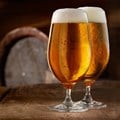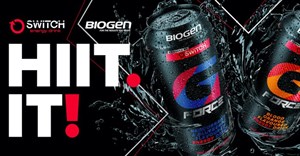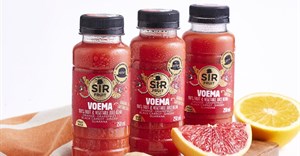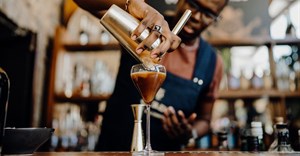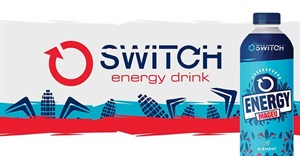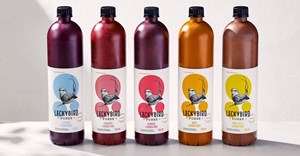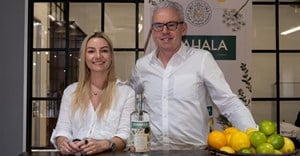Subscribe & Follow
#CannesLions
- The new standardCarl Willoughby
- All the South African winnersDanette Breitenbach
Trending
-

-
 Temu app considered malicious malware in new US lawsuit [Updated]Lindsey Schutters
Temu app considered malicious malware in new US lawsuit [Updated]Lindsey Schutters -

-

-
 #YouthMonth: Meet Tribeca Public Relations new facesKarabo Ledwaba
#YouthMonth: Meet Tribeca Public Relations new facesKarabo Ledwaba -

Jobs
- Ops Admin and Key Accounts Muizenberg
- Customer Service (UK) Work from Home Nationwide
RTD energy, sports drinks market performance in review

Energy drinks
Among the new entrants to the RTD energy drinks category are established local, non-alcoholic beverage producers extending their offerings to enter the lucrative industry. These players priced their products aggressively and placed their variants in the informal and wholesale sectors, thus extending the category footprint within these channels. The new entrants and their pricing strategies increased market competitiveness however; some of the new entrants have not managed to maintain their presence in the market, exiting the sector soon after they entered.
A third of all volume is sold through top-end retail. The wholesale and forecourts made up almost half of the RTD energy drinks category volume, together with the bottom end. These were the channels of choice for new local players who are looking to establish their presence in the market. On-consumption remains a valuable channel for the more established players.
Gauteng continues to dominate demand for RTD energy drinks with 51.8% of the volume. Less affluent, less urban provinces such as the North West, Mpumalanga and the Eastern Cape have shown volume growth but the concentration of distribution to the three major metropolitan areas continues with the Western Cape and KwaZulu-Natal making up a further 27.8% of the RTD energy drinks category.
The new entrants, retaining the category popularity amongst the younger, social media driven target market, further develop the catchy designs and brand names synonymous with this category. This is consistent with much of the promotional activity, which takes place through social media and offers appropriate prizes, such as airtime and tickets to shows and sports games.
Sports drinks
The RTD Sports drink report showed positive volume and value growth rate in 2016 compared to 2015. The category recorded the highest growth rate for the past five years. In addition, the category is said to not have reached its maturing phase in the product lifecycle, thus there may be room for volume growth. The total volume accumulated to 69.0 million litres for the year 2016.
The category experienced an influx of entrants for the year 2016 and it is speculated that new players are looking at entering the industry category due to the limited number of new players in the industry compared to other beverage categories.
Consumers are buying in bulk and this shift in buying behaviour is said to be one of the reasons this category has gained share from garage forecourts and on-consumption channels. This resulted in wholesalers becoming the second largest channel in RTD sport drink category.
The key metropolitan regions namely Gauteng, KwaZulu-Natal and Western Cape make up over two-thirds of the total RTD sports drink market for 2016. These areas have the highest number of people in the country. Eastern Cape showed the highest growth which may be attributed to the Coega development in Nelson Mandela Bay.
The growth in the category may be attributed to the following factors:
• New players entering the market
• Existing players launching new flavours and redesigning their packaging
• Increase in the level of exports, prompted by the weak Rand exchange rate against other foreign currencies
• Players improving their distribution channels by sending volumes to previously underserviced regions
• Players launching aggressive advertising campaigns on social media platforms to promote brands and capture attention of health conscious consumers







